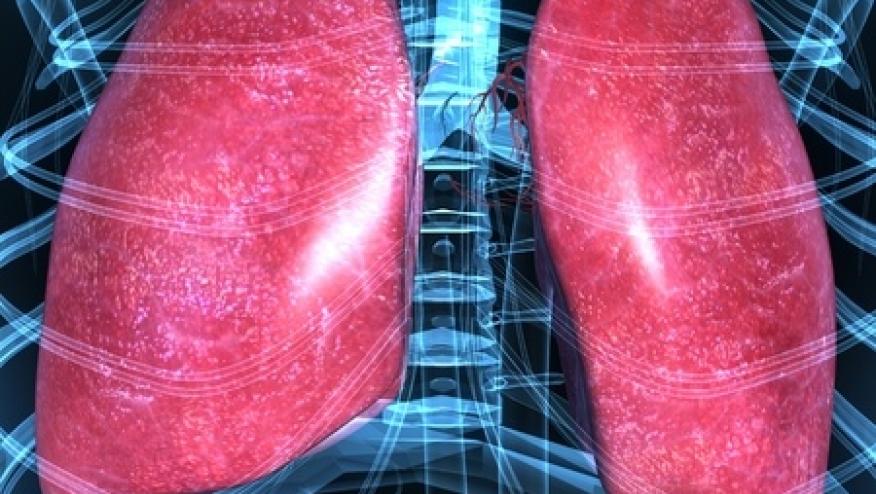Approach to ILD in Myositis Syndromes Save

Mehta et al have published a full read review of managing interstitial lung disease (ILD) in patients with inflammatory myopathies, a heterogeneous group of syndromes connected by ILD and and increased morbidity and mortality risk.
They divide myositis-ILD into three main prognostic groups with different treatment approaches:
- mild-moderate (subacute),
- severe or progressive (acute or subacute) and
- rapidly progressive, life-threatening
Treatment options involve immunomodulation in along with the option of antifibrotics. For those with progressive fibrosis they offer a practical guide to assessment, phenotyping according to trajectory and stratified management incorporating multi-disciplinary collaboration between rheumatology and respiratory physicians.
A few key insights from this paper:
- Identify ILD Risk Factors: data drawn from a meta-analysis of 23 studies, 834 myositis patients:
- older age at diagnosis
- arthritis/arthralgia (OR, 3.17)
- fever (OR, 2.31)
- elevated ESR
- elevated CRP (OR, 3.50)
- ** cancer-associated myositis (OR, 0.36) reduced the risk of developing ILD
- ** Also, consider consultation with younger patients presenting with ILD, (for an underlying myositis-associated syndrome)
- Identify 3 main Serologic risk factors for ILD
- Antisynthetase Antibodies - with antibodies against Jo-1, PL-12, PL-7, EJ, OJ, etc.
- MDA-5 Antibody - typical features o fDM rash, characteristic mucocutaneous ulceration and a variable spectrum of ILD, including clinically amyopathic DM (CADM) and RP-ILD
- Anti-PM-Scl antibodies -seen in overlap systemic sclerosis-myositis cases
- Poor prognostic factors risk factors - a recent study suggested these independent risk factors for ILD mortality:
- age at onset ≥60 years (HR 4.3)
- CRP ≥10 mg/l (HR 2.6)
- paO2 saturation <95% (HR 2.0)
- MDA5 antibody (HR = 7.5)
Treatment approach and options are discussed.










If you are a health practitioner, you may Login/Register to comment.
Due to the nature of these comment forums, only health practitioners are allowed to comment at this time.